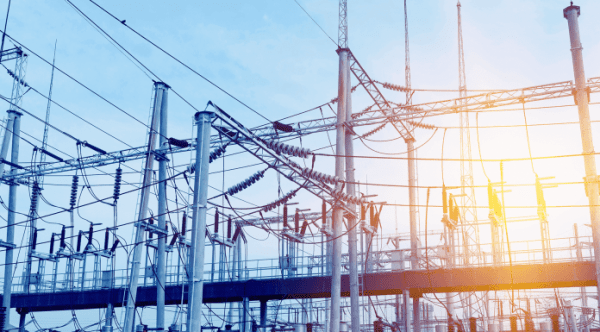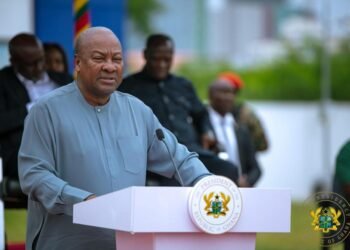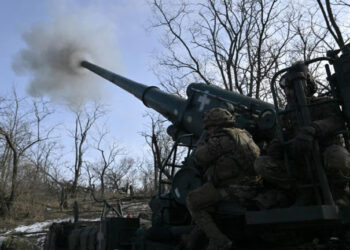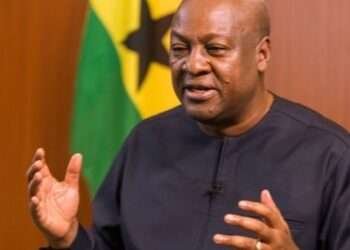The Federal Government of Nigeria has called on Ghanaian President John Dramani Mahama to ensure that relevant agencies expedite the settlement of outstanding debts for gas supplied under the West African Gas Pipeline (WAGP) framework.
The request was made by Ekperipe Ekpo, Nigeria’s Minister of State for Petroleum Resources (Gas), during a courtesy visit to President Mahama on the sidelines of a recent energy meeting.
During the meeting, Ekpo assured the Ghanaian leader of Nigeria’s continued commitment to resolving gas supply challenges, emphasizing the need for Ghana to act swiftly in settling its debts.
“We are committed to sustaining continued collaboration with Ghana in the gas sector.
“However, it is crucial that outstanding payments are cleared to maintain the stability of the West African Gas Pipeline.”
Ekperipe Ekpo, Nigeria’s Minister of State for Petroleum Resources (Gas)
According to earlier reports, Ghana’s debt for gas supplied through the pipeline stands at $75 million, raising concerns about potential disruptions in supply if prompt payments are not made.
In addition to urging Ghana to clear its financial backlog, Ekpo appealed to Mahama to direct relevant authorities to expedite action on proposed fiscal amendments to the WAGP Act.
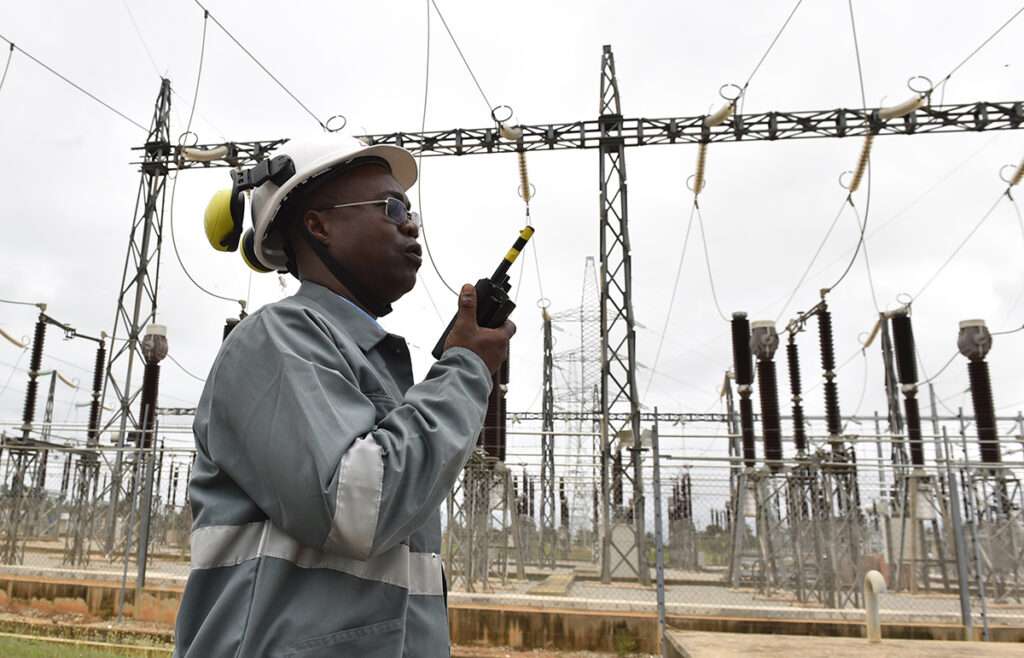
These amendments aim to align the treaty’s provisions with evolving operational realities and enhance regional harmony in the energy sector.
Nigeria’s push for financial compliance is not limited to the WAGP framework. The Gas Minister also solicited Ghana’s continued support for the African Atlantic Gas Pipeline Project, a strategic initiative designed to strengthen regional energy security and economic cooperation.
The African Atlantic Gas Pipeline Project aims to expand natural gas infrastructure across West Africa, creating a more integrated energy network.
With Ghana playing a critical role in the project’s long-term vision, Nigeria is keen on securing uninterrupted cooperation despite ongoing fiscal challenges.
In his response, President Mahama expressed appreciation for Ekpo’s visit and reaffirmed Ghana’s dedication to fulfilling its obligations under the West African Gas Pipeline framework.
“Ghana remains committed to meeting its financial responsibilities in the WAGP project.
“We acknowledge the importance of ensuring uninterrupted gas supply and will take the necessary steps to resolve pending payments.”
President John Mahama
Despite Mahama’s pledge, concerns remain over the uncertainty surrounding the debt repayment timeline and how it might impact energy security in Ghana.
Ghana Prepares for Debt Negotiations
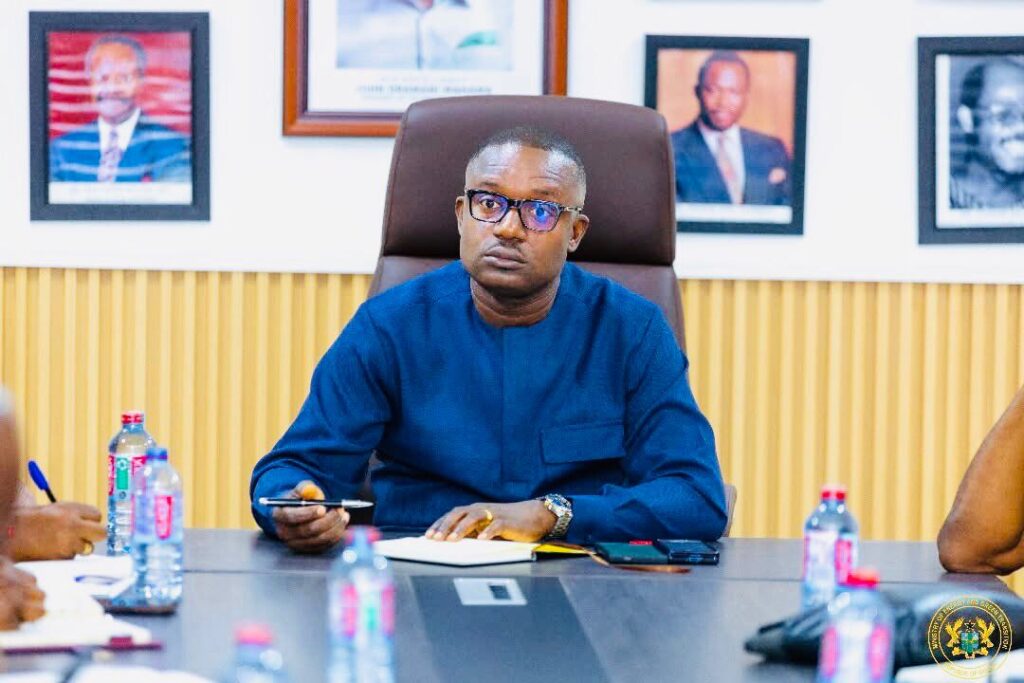
In an effort to tackle part of the outstanding debt, the Ghanaian government has announced its readiness for negotiations with Nigeria’s N-Gas Limited in the coming week.
Reports indicated that these discussions will focus on settling a $37.5 million payment, which represents a portion of the total outstanding debt for gas supplied to Ghana’s power plants.
However, as negotiations approach, the Managing Director of N-Gas Limited has yet to confirm or refute the receipt of the $37.5 million payment, adding further uncertainty to the situation.
Amid the ongoing debt discussions, John Abdulai Jinapor, Ghana’s Minister for Energy and Green Transition, has stressed the significance of resolving payment issues, especially as it relates to the smooth operation of the West Africa Gas Pipeline Company Limited (WAPCo).
During a visit to the WAPCo facility in Tema, Jinapor acknowledged the importance of continued energy supply, noting that the company had halted gas transportation on February 5, 2025, due to essential maintenance operations, including pipeline cleaning and inspection.
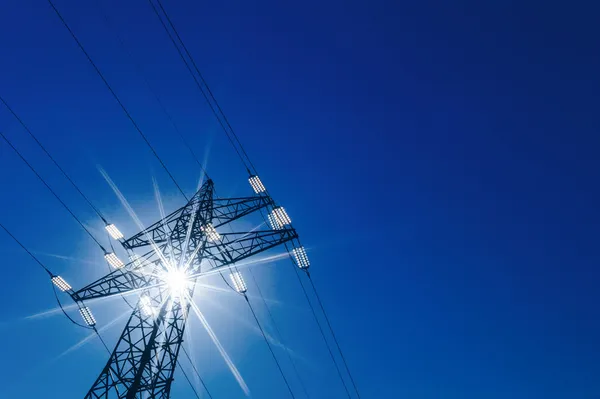
The temporary suspension of gas transportation has raised concerns about Ghana’s ability to maintain uninterrupted power generation, particularly in critical sectors.
Adding urgency to the discussions, Jinapor disclosed that N-Gas recently issued a formal notice warning of a potential suspension of gas supplies if Ghana fails to clear its total accumulated debt of $75 million.
The financial challenges surrounding gas supply to Ghana are not just an economic issue but also a strategic energy concern.
As the West African Gas Pipeline remains a critical source of power generation, stakeholders emphasize that timely debt resolution and regulatory alignment will be key to sustaining regional energy cooperation.
Energy experts suggest that long-term strategies, including diversifying energy sources and ensuring sustainable payment mechanisms, should be explored to prevent recurring debt challenges.
As Ghana prepares to negotiate with Nigeria’s gas suppliers, the outcome of the discussions will have lasting implications for energy access, industry operations, and regional economic stability.
READ ALSO: Mahama Promises Revamp of Tema Oil Refinery Through PPP

